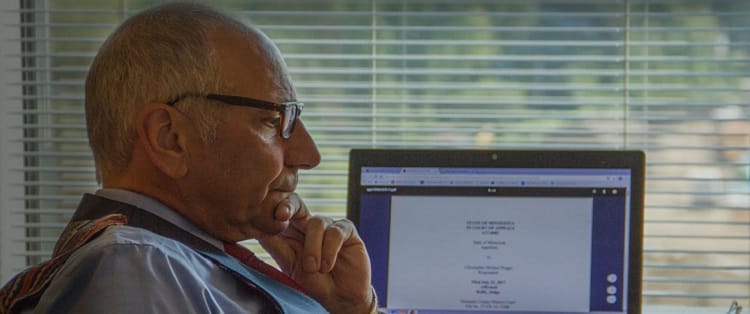When you’re on the phone with your spouse, friend or even the cable company, you have an expectation of privacy. You probably don’t want anyone eavesdropping, and that’s your right.
However, the government is listening in on the calls of many Americans. Last year alone, one judge signed off on wiretaps that allowed investigators to monitor more than 44,000 people. More than two million conversations were intercepted.
Most of these wiretaps were requested by the U.S. Drug Enforcement Administration, whose federal agents got approval in a California court. The wiretaps are an effort to break up drug trafficking and conspiracy rings, typically involving heroin and methamphetamine being trafficked from Mexico.
Why are federal agents looking for permission to tap phones from state courts instead of federal courts? It seems that state courts are more likely to say “okay.”
Is Wiretapping Legal?
Wiretaps are some of the most intrusive police searches, and federal law strictly limits them. In general, government agents can only tap our phones after they have exhausted other measures to build a case.
Many wiretaps would not hold up in federal court if challenged, meaning the evidence would be thrown out because it was illegally obtained. This is why few cases linked to wiretapping end up prosecuted as federal crimes.
However, wiretaps may lead to “parallel construction” cases. This is when agents use information from wiretaps to tip off other investigators, telling them to find their own reason to conduct a search. For example, a federal agent might direct a state police officer to a suspect, and the state officer would then stop that suspect under the pretense of a traffic violation and search the vehicle.
You might not ever know if the government is listening to your calls. Even if you end up facing criminal drug charges, you might not be told wiretapping was involved. While it is unnerving to think that federal agents might be intercepting your communications, experienced federal criminal defense attorneys know how to prove police misconduct.
If you find yourself charged with a drug offense, such as trafficking or conspiracy, a skilled attorney should challenge the police investigation. At Mankey Law Office in Golden Valley, Minnesota, attorney Matthew J. Mankey handles serious state and federal drug cases. He offers free initial consultations to help people understand their rights and options.
